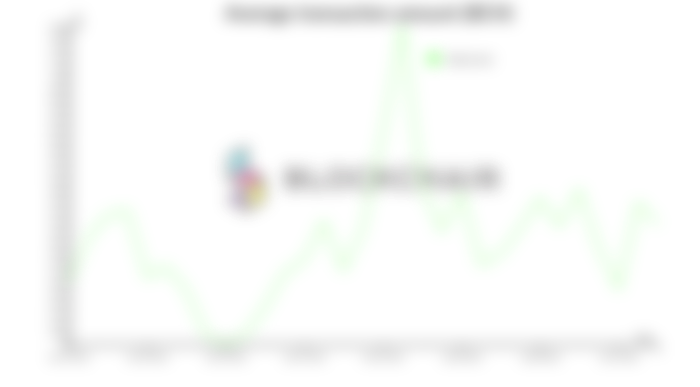We all know that, to some extent, the value of a currency is related to its use, therefore the number of transactions made, as well as the increasing ability to handle more and more transactions to maintain their potential value. After all, cryptocurrencies should first of all offer the ability to process transactions that meet the demand, like a real peer-to-peer electronic cash system.
This is a big challenge, but the BCH has so far been developing very satisfactorily. Some billion dollar credit card networks could already have the demand for their customer transactions supported by the BCH blockchain. In this text will be analyzed which credit card companies that BCH could be a strong competitor.
The first credit card network to be compared is Discover Financial Services, which operates the Discover and Pulse networks, and owns Diners Club International. Discover Card is considered the third largest credit card brand in the United States, when measured by current cards, your market cap is $ 26.03 Billions.
The second company to be compared to BCH is JCB, which is a credit card company based in Tokyo, Japan. Its market cap is $ 96.85 billion.
The third card company to be compared with BCH is American Express, which currently has a market cap of $ 105.39 billion. certainly one of the most valuable brands in the world.
Let's the statistics
Diners Club International, together with Discover Card, processed in 2018 worldwide 2.8 billion transactions. According to data from the Statista website, therefore, it can be inferred an average of 88 transactions per second.
In 2018, JCB had a demand for 3.9 billion transactions from its customers, which results in an average demand of 123 transactions per second, while American Express surpassed the others with 8.3 billion transactions in 2018, which results in an average need of 263 transactions per second.
Comparison and results
The BCH with an average transaction size of 481.62 bytes, can realized 116 average transactions per second. To understand this, you can read the coinanalysis post.
But according to data extracted in the last 30 days (2019-12-15 / 2020-01-14), the average transaction size has shrunk to 384.30 bytes, so it would have the ability to process 146 transactions per second. We also know that a simple "standard" transaction only needs about 226 bytes, so it would also have the ability to process 247 transactions per second.
The calculations in this text disregard how quickly BCH can process blocks and send them. Therefore a hypothetical demonstration of its potentiality.

Let's compare these different processing power with the processing power of card networks. Then we can produce the following table:

The table above shows that BCH is able to surpass by up to 28 transactions per second demand from Diners Club and Discover Financial card customers.
Using the average transaction size over the last 30 days of BCH, which was 384.30 bytes. It would offer an ability to meet, with a surplus of 23 transactions per second, the demand for JCB card customer transactions.
Finally, the table above shows that only 16 transactions were missing to meet the demand from customers of the American Express card company. In a situation where the BCH average transaction size was 226 bytes.

Thus you can see the important advances that the BCH system has made in recent years. It is noted its growing potential to establish itself as a common currency in the future and a free tool for daily payments by a significant amount of people around the world.



Nice, but you need to understand that a block size is not the only limiting factor. There's also how fast can we process the blocks and send them out. Current testing shows that BCH software and network can currently sustain only 22MB blocks, which is about 160 tx/sec. But this is only a limitation of current generation software, better software shows even better results